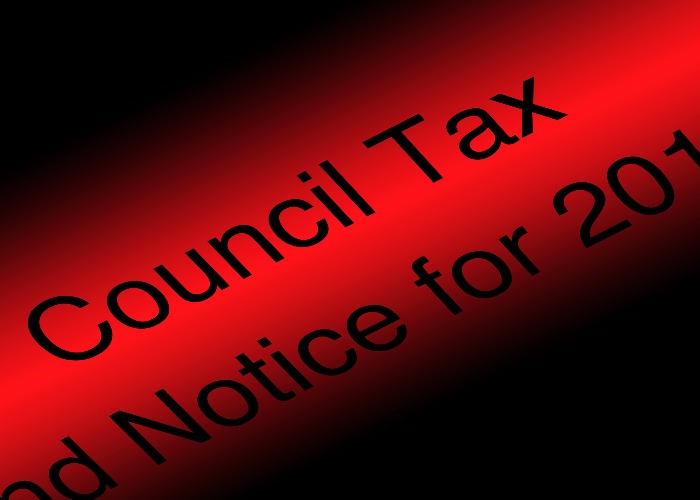Council Tax refund scam: how to spot it

Received an email claiming you're owed a Council Tax refund? It’s a scam – here’s how to tell.
Scammers are sending out fake emails claiming households are owed a Council Tax refund.
The emails state that you’ve paid too much tax over the last year and can claim your refund by following a link and entering your personal information.
Clicking on the link in the email takes you to a website controlled by the crooks.
Council Tax refund scam warning, from Halton Borough Council. Read the story here @EndScamming @ScambusterScams @haltoncab https://t.co/KxKr3qD8rM pic.twitter.com/sO6Nz4dJGY
— Halton Council (@HaltonBC) February 25, 2019
What do the emails say?
Lots of the mails come from an email address with ‘citycouncil’ in it, like this one above.
They normally start with a generic introduction, such as ‘Dear customer’. Many people who've received the scam mails report on Twitter that it's signed off by a fictitious person called ‘Andrew Walsh.’
Others have said that the signature reads ‘Alison Walsh', is signed off as a specific Council or with a company name.
Council Tax bills to rise again in 2019/20: how to pay less
How to tell it's fake
Always check the spelling and grammar. Phishing emails often make spelling errors or have dodgy wording, something that official Council emails tend to avoid.
The link in the email will not be from the council. Visit your local council’s official website to check what a link from them would look like.
In general, avoid clicking on any links from an email address you don't recognise.
If you're still unsure, the Government says the best way to stay safe is by contacting the VOA or your Council directly to check if you’re due a refund. They’ll be able to tell you if it’s genuine.
20 ways to pay less tax: cut your Income Tax, Council Tax, and Inheritance Tax
Comments
Be the first to comment
Do you want to comment on this article? You need to be signed in for this feature